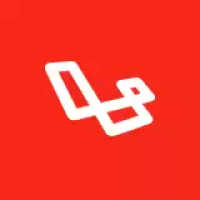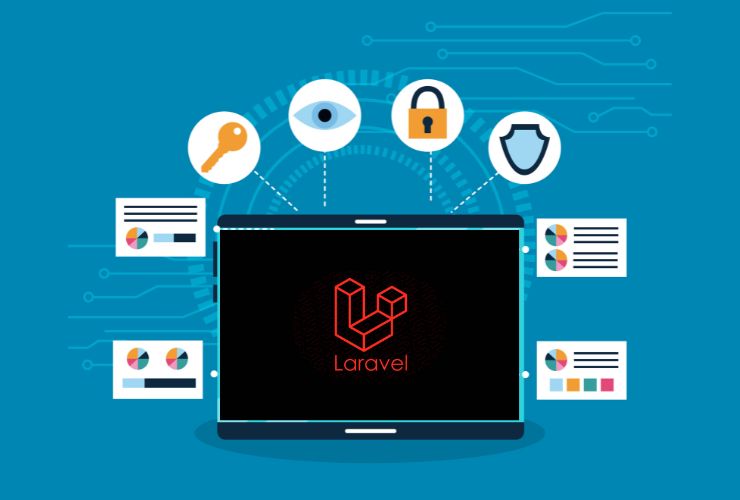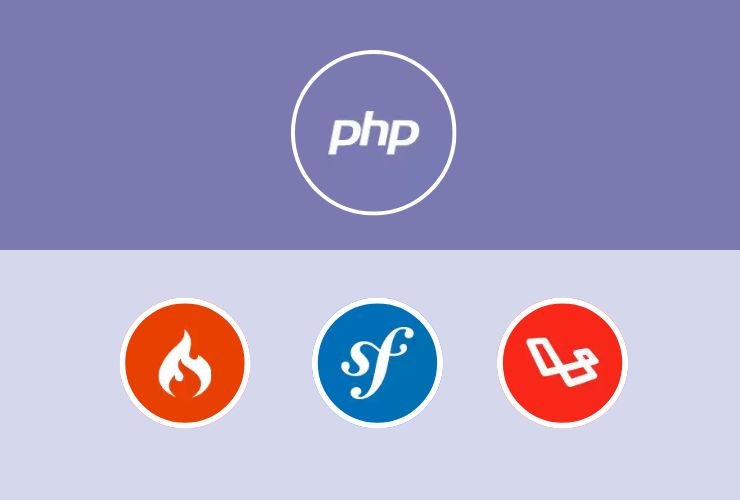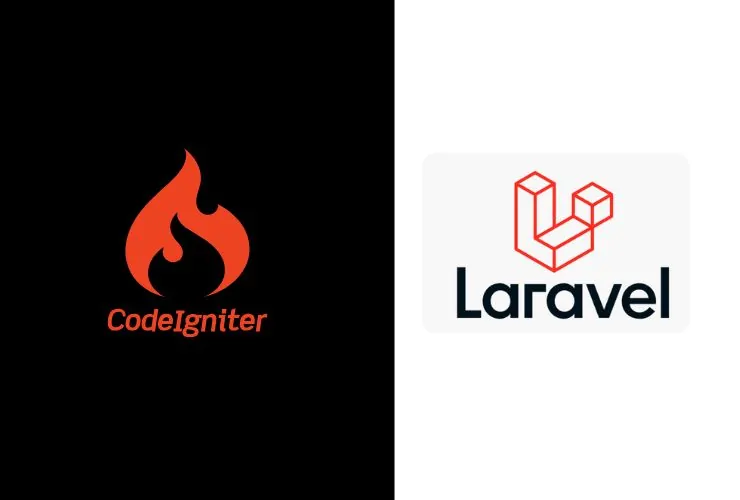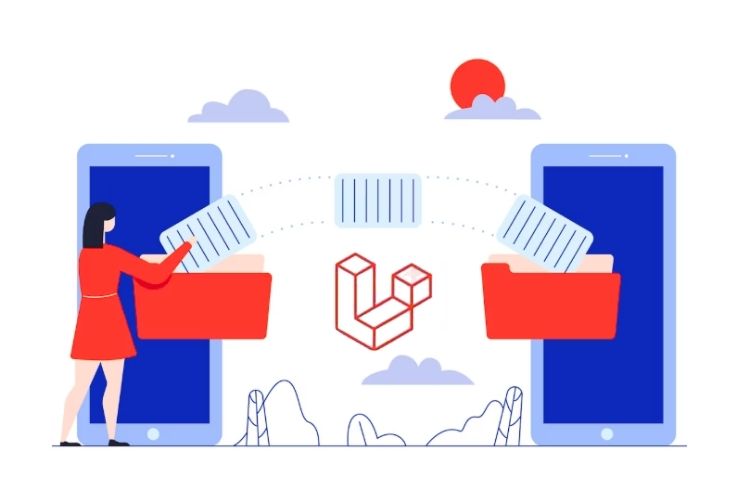It has come to be known that a strong web development framework is chosen according to the competitive needs in building robust, scalable, and efficient applications. Throughout the years, Laravel emerged as the top PHP framework which allowed developers to create superior web solutions easily. From startup companies to large enterprises, versatility and rich features of the software made it the top pick for modern web development.
This blog explores the reasons for Laravel’s popularity and its position as the best PHP framework in the present day technology world.
1. Comprehensive Ecosystem and Toolset
Laravel has a full ecosystem of tools, developed to simplify the development process. Main tools include:
- Laravel Forge: Server deployment and management is made easy.
- Laravel Envoyer: Silent automation of zero-downtime deployments.
- Laravel Horizon: Provides an efficient and strong dashboard for displaying job queues.
2. Elegant Syntax for Easy Development
Laravel has a distinctive syntax feature. It was designed as expressive and clean to facilitate developers in coding readable and understandable code and easy maintenance. Such simplicity thus accelerates development cycles, so Laravel stands as the perfect choice where projects are in a crunch of completing within deadlines.
Additionally, Laravel’s syntax reduces the learning curve for new developers, empowering teams to onboard quickly and focus on innovation.
3. Adherence to MVC Architecture
Laravel follows the Model-View-Controller (MVC) design pattern, which ensures clear separation of logic and presentation. This structure provides the following benefits:
- Organized Codebase: Makes large-scale applications easier to manage.
- Improved Development Speed: Facilitates parallel workflows for front-end and back-end teams.
- Better Scalability: Supports the growth of applications with minimal refactoring.
MVC is a cornerstone of Laravel’s appeal, particularly for projects requiring long-term maintenance and updates.
4. Built-in Features for Modern Web Applications
Laravel offers a number of built-in features that solve everyday problems of web development, including:
- Blade Template Engine: Helps in the development of user interface by reusable and extensible templates.
- Eloquent ORM: Intuitive abstraction of database interaction, making the task of interacting with relational databases simple.
- RESTful Routing: Facilitates API development and routing logic.
- Authentication & Authorization: Provides out-of-the-box user authentication such as password hashing, session management, and role-based access control.
These in-built functionalities save time and effort. Developers can focus on developing business-specific functionality.
5. Scalability and Performance Optimization
Laravel is developed with scalability in mind. This enables it to work for an application ranging from a simple blog to a complex ecommerce platform or an enterprise system. The features that make this possible are as follows:
- Caching Mechanisms: It helps enhance the performance of an application by using the Redis and Memcached tools.
- Task Scheduling: It automates repeating tasks like sending emails, generating reports, etc.
Integrates with cloud hosts like AWS, Google Cloud, and Microsoft Azure.
6. Security at the Core
Security is the core aspect of any web application, and Laravel takes security seriously. The security features inbuilt in it are to prevent the common vulnerabilities including:
- SQL Injection
- Cross-Site Scripting (XSS)
- Cross Site Request Forgery (CSRF)
Laravel makes advanced security measures like encryption and password hashing extremely simple. It ensures that only sensitive data is protected.
7. Seamless Integration Capabilities
Laravel provides seamless integration capabilities with third-party services to help implement modern connected applications. It goes beyond payment gateways and PayPal or Stripe, and it will support email services like Mailgun and SendGrid; in short, it just helps maintain smooth functionality for whatever the business needs.
8. Testing and Debugging Made Easy
Laravel comes with built-in testing tools, such as PHPUnit, to ensure your application is robust and bug-free. Developers can write unit tests and functional tests with ease, enabling early identification of issues and smoother deployments.
9. Active Community and Extensive Documentation
The strong community of developers is perhaps Laravel’s greatest strength. This community of developers actively participates in creating new features, extensions, and tutorials so that the developers will always have the latest available resources. Comprehensive documentation is also a plus for learning and troubleshooting with Laravel at any level.
10. Cost-Effectiveness and Rapid Development
For businesses, Laravel offers exceptional value by reducing development costs and speeding up time-to-market. Its pre-built components and reusable code structures eliminate the need for creating everything from scratch, ensuring rapid development without compromising quality.
Conclusion
The top PHP frame for modern web development goes to Laravel due to some of its powerful features such as scalability and a developer-friendly ecosystem. Be it launch a startup, develop the enterprise solution, or developing a custom application, everything will be seamless in their development process and reliable when delivered.
Want to Bring Your Project to Life?
Join forces with our expert Development Team, to deliver outstanding performance, make your vision take shape and realize your dreams.



